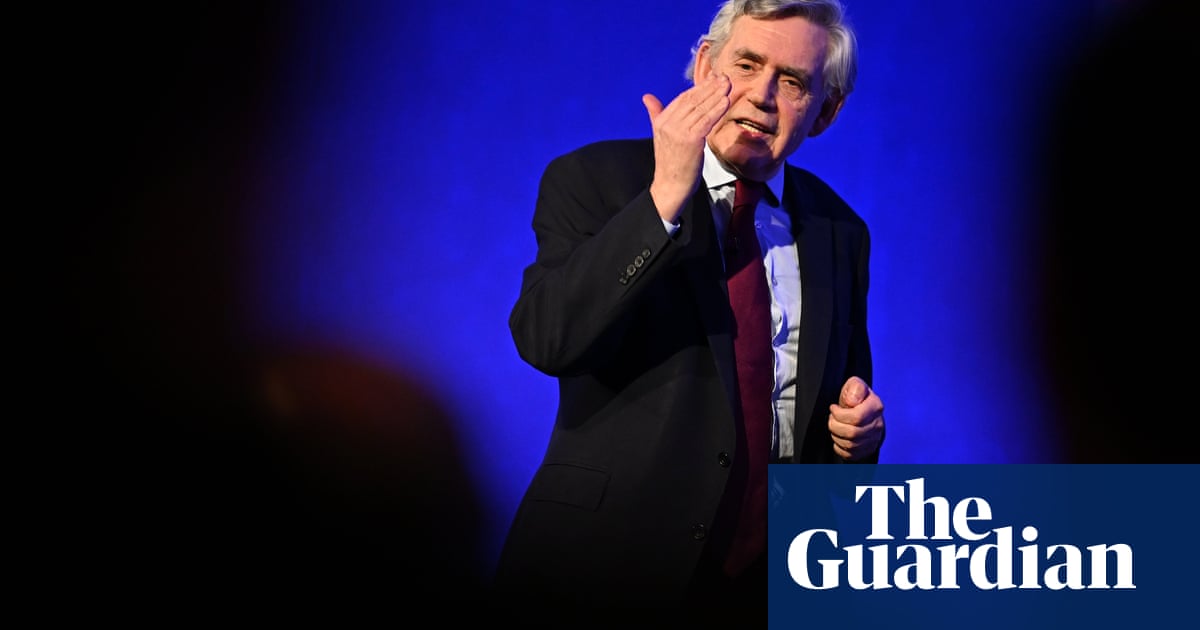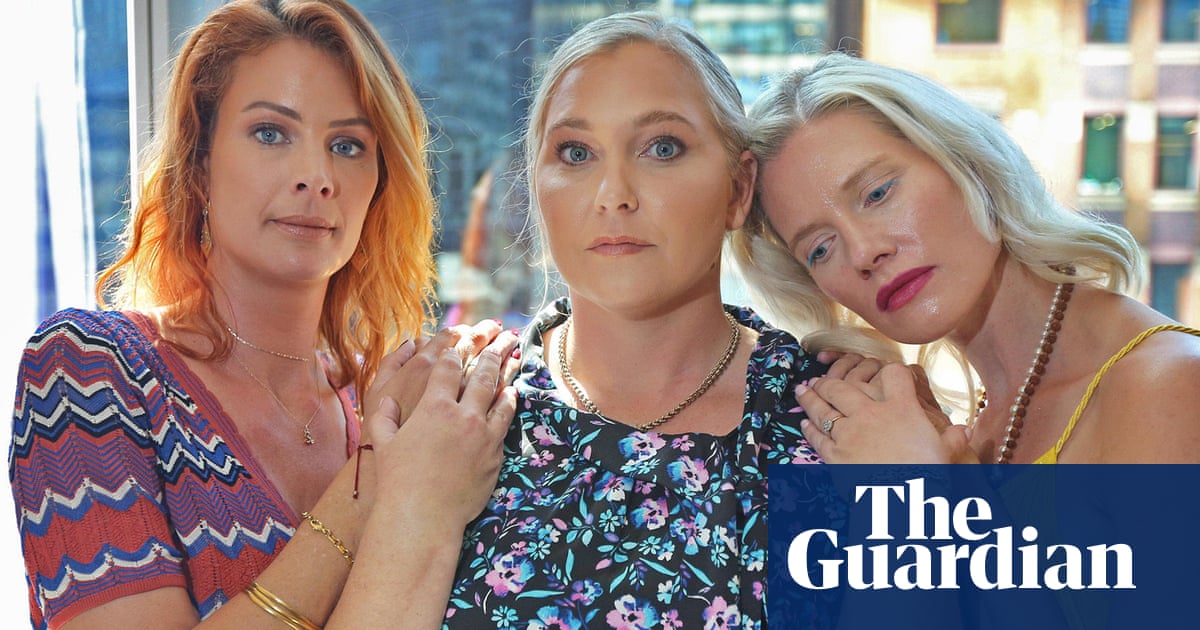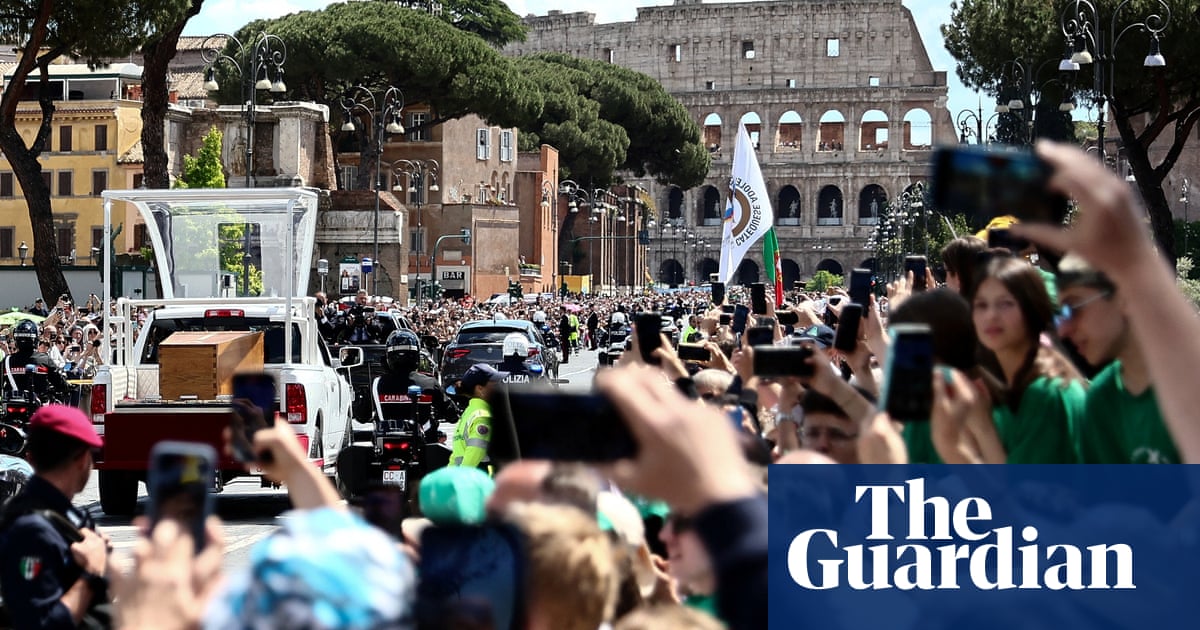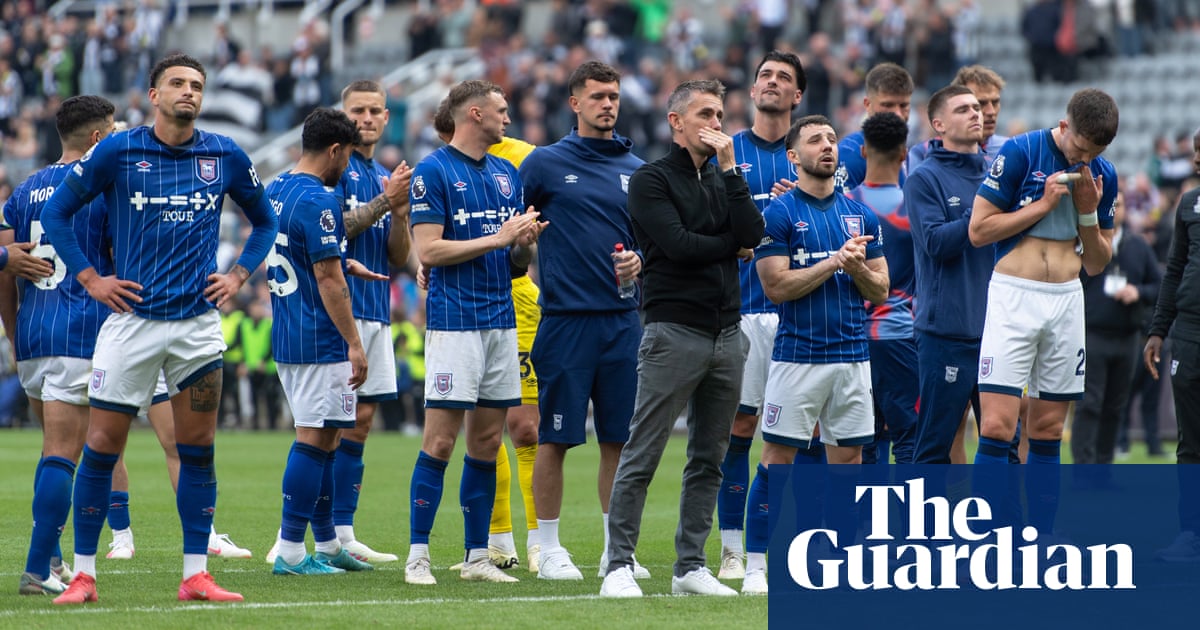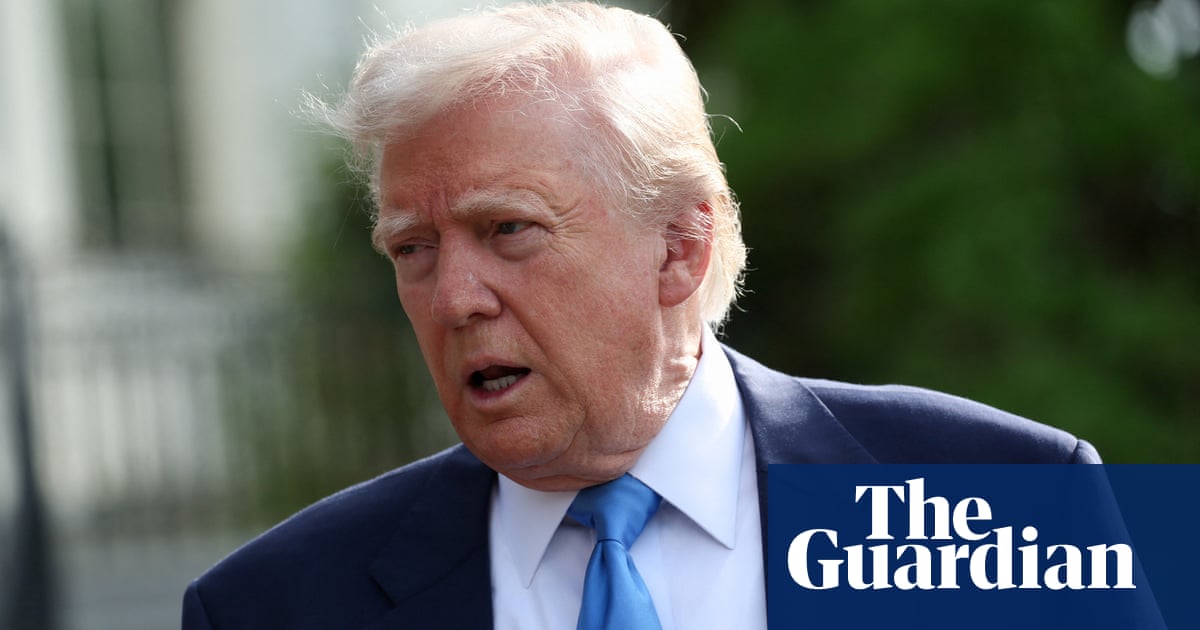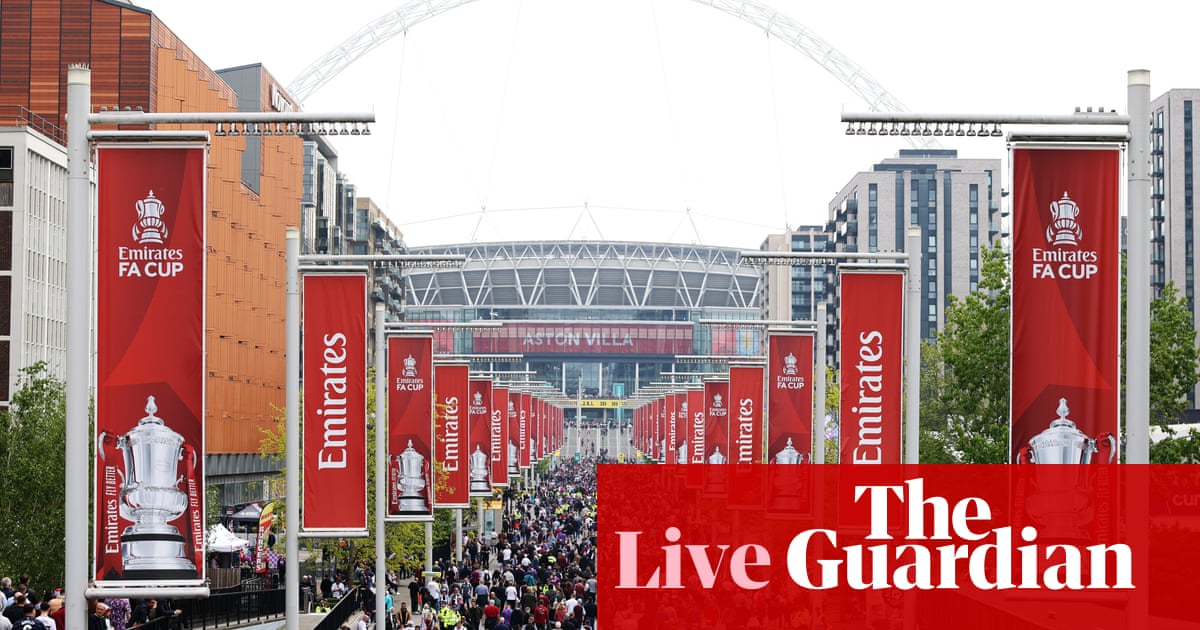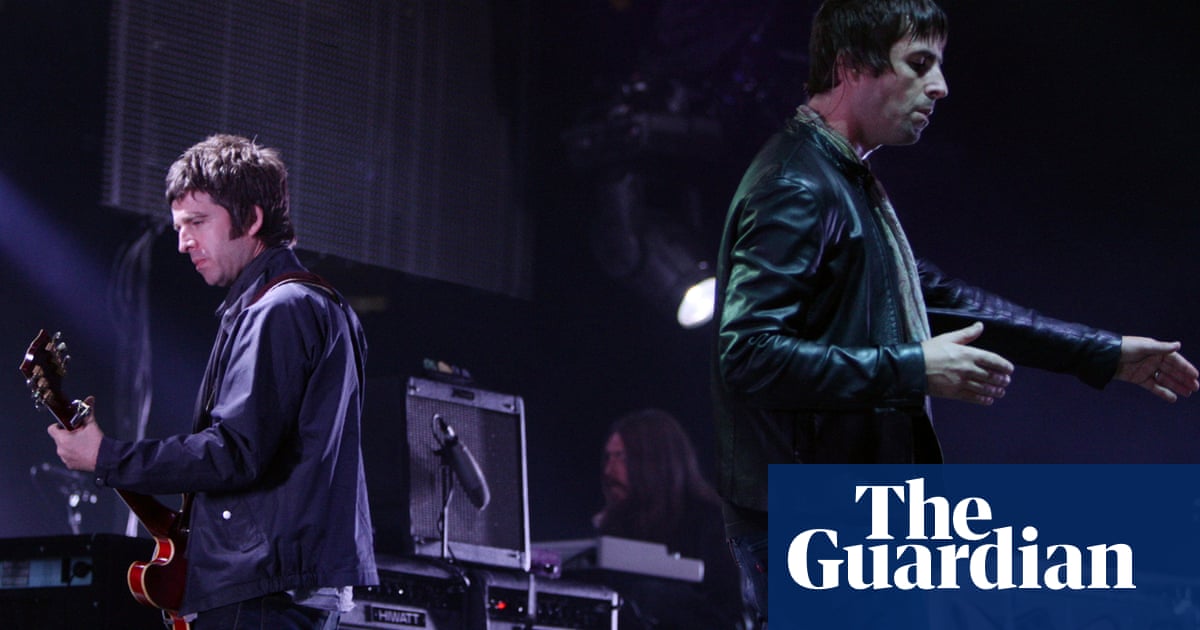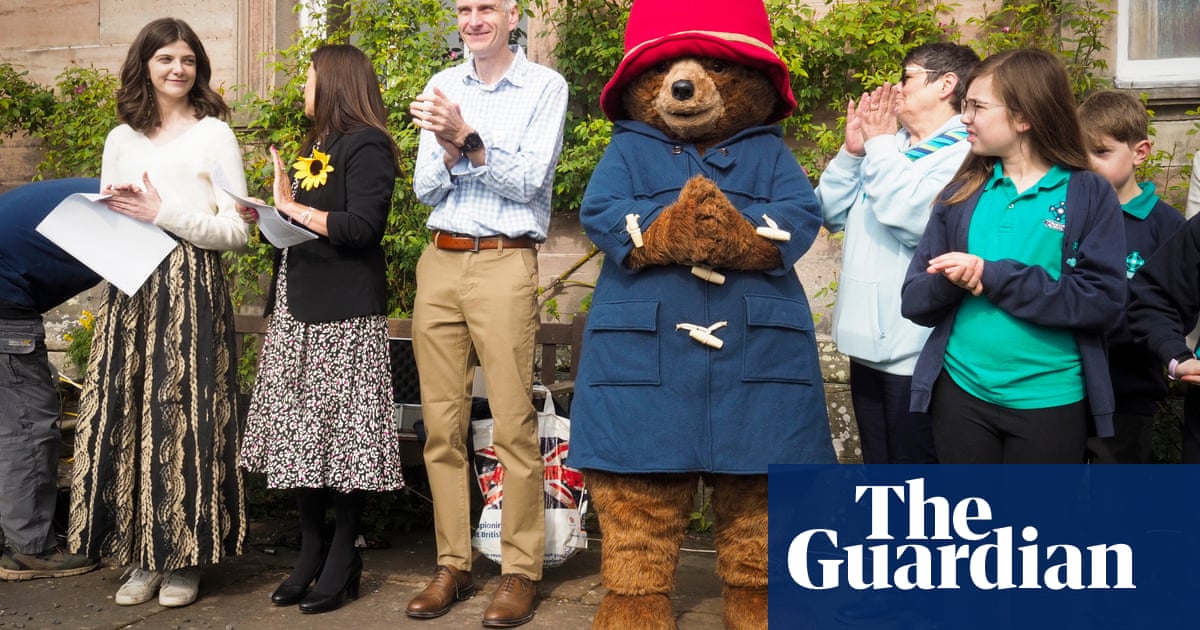This fall, the British boarding school Harrow will open its first offshoot in the US: a lush 170-acre waterfront campus in Long Island. For $75,000 a year, parents can wave away their children to the prestigiously named school, renowned for its centuries-old traditions (such as calling teachers “beaks” and bad behaviour “skew”). Classes will take place in the Bourne mansion, the opulent former home of a wealthy American businessman, around which modern facilities will be built.
A shiny teaser video paints an idyllic picture of an anglophile life at Harrow New York. “The school is like an oasis,” says Nick Page, former deputy head of Harrow UK, as drone footage pans out over pristine lawns and lakes, where ducklings and deer roam wild. “Yet so close to this huge metropolis of New York.” (The new school is almost equidistant from New York City and the Hamptons, so parents who have a seaside pied-à-terre can whisk away their darlings for the holidays.) In the video, students stroll about the verdant campus wearing Harrow’s trademark straw hats, and are seen painting, playing soccer, wearing VR goggles, reading poetry by Lord Byron and books about Winston Churchill.
Boarding schools have a long history in the US, but top schools such as the New Hampshire-based Phillips Exeter Academy (where Mark Zuckerberg went) and Phillips Academy in Massachusetts (attended by George W Bush) have no mandatory uniform and emphasise sports like lacrosse and hockey.
Americans have long romanticised the British boarding school, from Hogwarts to Goodbye, Mr Chips (the novella and subsequent film about a British boarding school teacher, which was initially serialised in the Atlantic). It’s not just the schools: castles, honorifics, lavish parties, a sense of history and the royal family have long made the British aristocracy attractive to American elites. Young Americans are even adopting British accents and using an increasing amount of British English vocabulary.
But while parents might be hoping that British educational traditions will rub off on their progeny, the school will in fact be owned, managed and operated by a company called Amity Education Group, which also runs a Harrow school in Bengaluru, India, but is a distinct entity from the UK school. It has led some to wonder whether the school’s international expansion is no more than a “rent-a-name” strategy, selling wealthy parents the British boarding school fantasy with little connection to the original institution. But will Americans buy it?
To many Brits, boarding schools are emblematic of good old British elitism. That’s in part because of how expensive they are. It costs £61,584 a year to send your child to board at the original Harrow school (the annual undergraduate tuition fee for a university in England and Wales is £9,535, for comparison). A school like Harrow is seen by some as a way to find an elusive seat at the top table of society: out of the UK’s 58 prime ministers, 20 were educated at Eton College (which some Harrovians begrudgingly refer to as “that other place”) and 13 went to Harrow or Westminster.
The Guardian spoke with a number of former Harrow students who said Americans would find some traditions such as students having to touch the brim of their hats when a beak (teacher) walks by a little strange. One former student, now 28 and living in New York, said that the launch of the school during Trump’s presidency was particularly well-timed, given “how revisionist the US is currently”. He said that there was a culture at Harrow that valorized the British empire and “the good old days”, which would fit in perfectly with the Trumpian vision of “when America was great”. (The former student didn’t want to give his name in case people at his job in the arts found out he went to boarding school.)

Harrow was founded in 1572, when a landowner and farmer opened the school, providing free education for 30 “poor boys” from the Harrow parish. Soon, however, the school expanded to accept “foreigners” (boys who lived outside Harrow), which led to its boarding model. In 1998, the school launched its first international campus in Bangkok; “an appropriate location”, according to the school’s website, due to “the strong links between Harrow School in London and Thailand’s royal family” (23 princes of the royal household were apparently educated at Harrow in the UK). But beyond a fond transnational affiliation, there may have been financial incentives for opening a Harrow school in Asia.
“Parents are attached to the perceived track record and trust of branded schools,” Selina Boyd, the international editor of the Good Schools Guide, told the wealth management and luxury magazine Spear’s. “Branded schools can almost short-cut the process when they’re setting up – it might take an unbranded school years to develop their name and demonstrate their credibility.”
Harrow New York will add to the school’s growing portfolio of campuses across the globe, with 12 Harrow-branded schools in 11 locations across Asia and two newly announced schools in the United Arab Emirates opening next year. Yet what may not be initially clear to prospective Harrow parents is that the schools outside the UK are owned by three separate companies.
According to Harrow International Schools Limited (HISL), “the educational, administrative, financial and other operational responsibilities of all Harrow-branded schools rest solely with their owners and operators.” However, HISL emphasised: “All Harrow-branded schools are required under their sub-licences to reflect Harrow School’s educational purpose, practice, strategy and philosophy.”
It said HISL “oversees this requirement” by “regularly” sending “teams of experienced educationalists” to the international schools “to evaluate and report on their performance”, and that members of HISL’s oversight teams sit on the governing bodies of all Harrow-branded schools.
The Guardian spoke with two teachers at Harrow schools in Asia (who wanted to remain anonymous for fear of losing their jobs). They shared worries that the schools were more concerned with profits than the highest educational standards. (AISL, which runs a number of Harrow schools in Asia, said that it took measures to ensure compliance with the Harrow standards.)
A representative for HISL told the Guardian that it “strongly refute[s]” the allegation that school is employing a “rent-a-name” strategy.
However, a report from the thinktank Private Education Policy Forum (PEPF) cited “emerging evidence” that the relationships between British schools and their satellite campuses were “limited in nature”, with some overseas staff characterizing it as “exchanging a ‘brand’ license for a royalty payment”.
For now, HISL looks forward to the opening of the Long Island school – which a representative told the Guardian would be “a sprawling, serene and secure” campus with “state-of-the-art facilities” and “exceptional athletic amenities”. Only time will tell whether British boarding school culture can be transplanted to the US, or whether anglophile Americans will be left pining after the carbon copy of British elitism they had in mind.

.png) 7 hours ago
6
7 hours ago
6



